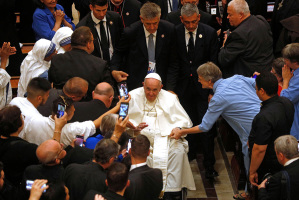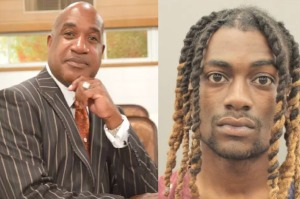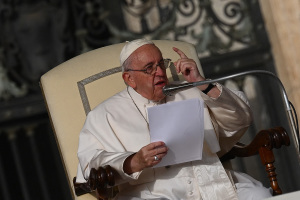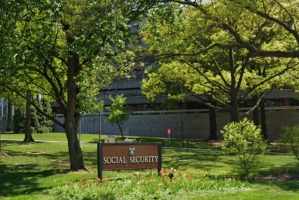Enthusiasm Gap Bodes Ill for Democrats in 2012
A recent CNN/ORC poll shows declining levels of enthusiasm among Democrats for voting in next year's election. Republican enthusiasm levels remain high. If the enthusiasm gap remains, it could lead to a strong showing for Republicans in the 2012 election.
The Oct. 14-16 poll asked 1,007 registered voters, “How enthusiastic would you say you are about voting for president in next year's election – extremely enthusiastic, very enthusiastic, somewhat enthusiastic, not too enthusiastic, or not at all enthusiastic?”
Forty-three percent of registered Democrats and 64 percent of registered Republicans said they were extremely or very enthusiastic about voting – a 21 point difference. In the same survey in the spring and summer, 56 percent and 55 percent of Democrats, respectively, showed the same levels of enthusiasm. Republican enthusiasm levels have remained steady.
The results of the poll are important because enthusiasm correlates with turnout. People who are more enthusiastic about voting are more likely to vote.
Douglas Schwartz, director of the Quinnipiac University Poll, noted that voter turnout made a difference in the important swing-state of Florida in 2004 and 2008. In 2004, President George W. Bush won Florida by five points and Republicans outnumbered Democrats by four points. In 2008, then-Senator Barack Obama won Florida by three points and Democrats outnumbered Republicans by three points. The difference in turnout swung Florida from the Republican in 2004 to the Democrat in 2008.
Since President Obama announced his jobs plan to Congress in September, he has taken a more combative tone with Republicans in an attempt to mobilize his base and shrink the enthusiasm gap. Last week, the Senate blocked a modified version of his jobs bill. Obama has been traveling, “campaigning” according to Republicans, through Virginia and North Carolina this week. At one stop, he mocked Republican senators who voted against his bill, saying, “Maybe they just couldn’t understand the whole thing all at once.”
Obama's decision to focus on mobilizing his base of supporters, rather than striking a more moderate tone to appeal to independents, makes sense when looking at voting patterns in previous presidential elections. As Professor Alan Abramowitz points out, true independents, those that don't favor one party over the other, only comprise about seven percent of the electorate, and even in a close election will not necessarily determine the outcome.
The same poll shows former Massachusetts Governor Mitt Romney and businessman Herman Cain in a statistical tie for first place with 26 percent and 25 percent, respectively. Two-thirds of registered Republicans also said they might change their mind on which candidate they support.
The poll's margin of error is +/- 4.5 percentage points for registered Democrats and +/- five percentage points for registered Republicans.





























